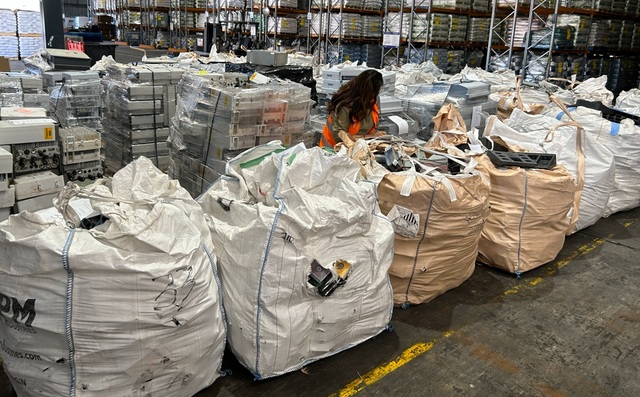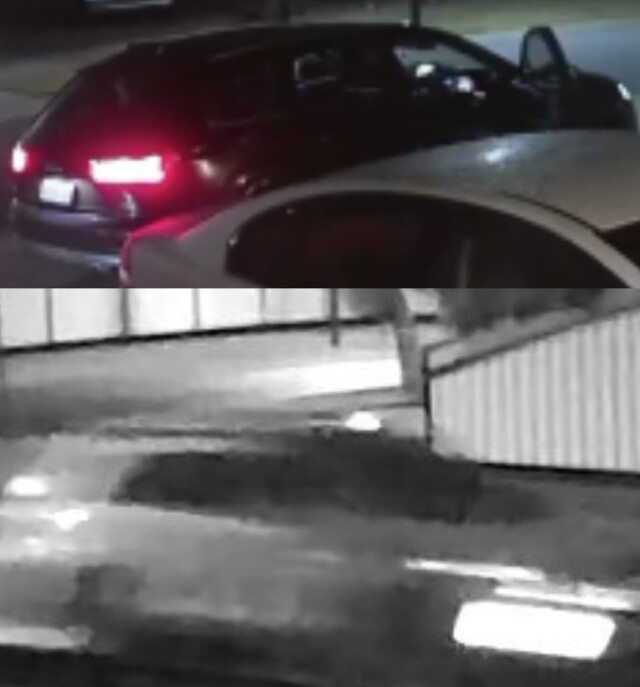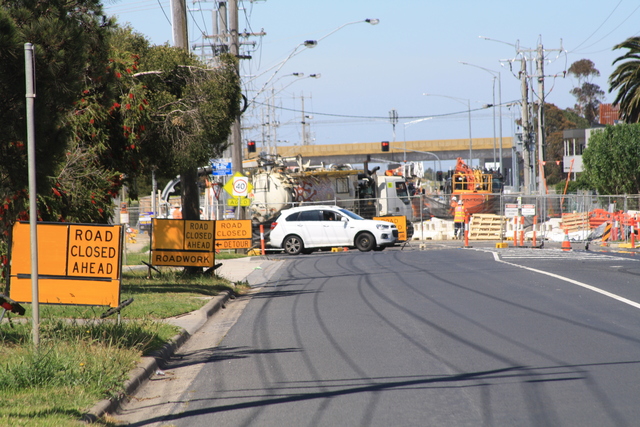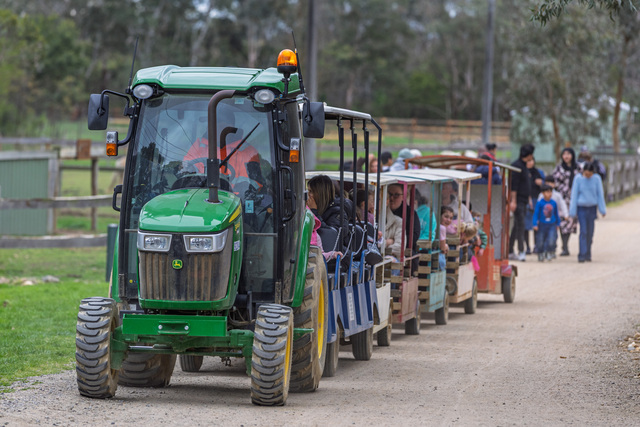 Casey residents have been warned not to be alarmed by plague soldier beetles, which are being mistaken for bees or European wasps.
Casey residents have been warned not to be alarmed by plague soldier beetles, which are being mistaken for bees or European wasps.THE City of Casey has warned residents not to be alarmed by the rise of plague soldier beetles in the area which are being mistaken for bees or European wasps.
Increased rainfall throughout the winter months, recent humid conditions and the blooms on native flowering trees have resulted in an increase in plague soldier beetles in Casey.
City of Casey manager community safety Caroline Bell said, as a result, the council has received a number of inquiries from concerned residents who have mistaken the beetles for bees or European wasps.
“Plague soldier beetles are harmless, but bear a striking resemblance to bees and European wasps,” she said.
“The species of soldier beetle which is present in Casey is called the plague soldier beetle because vast numbers of them appear on plants through spring, summer and autumn.
“Even though there are large numbers of the beetles present, there is no need to take any action against them.
“At this time of the year they are commonly found in gardens and on flowering native plants however, they are not dangerous and will not cause much damage to plants.”
Plague solider beetles are up to two centimetres long and have a flat body with a yellow-orange stripe behind the head, dark green wings, a yellow-orange abdomen and a black head and legs. Residents concerned about bees or European wasp nests on their property or nature strip should contact City of Casey Customer Service on 9705 5200.
















